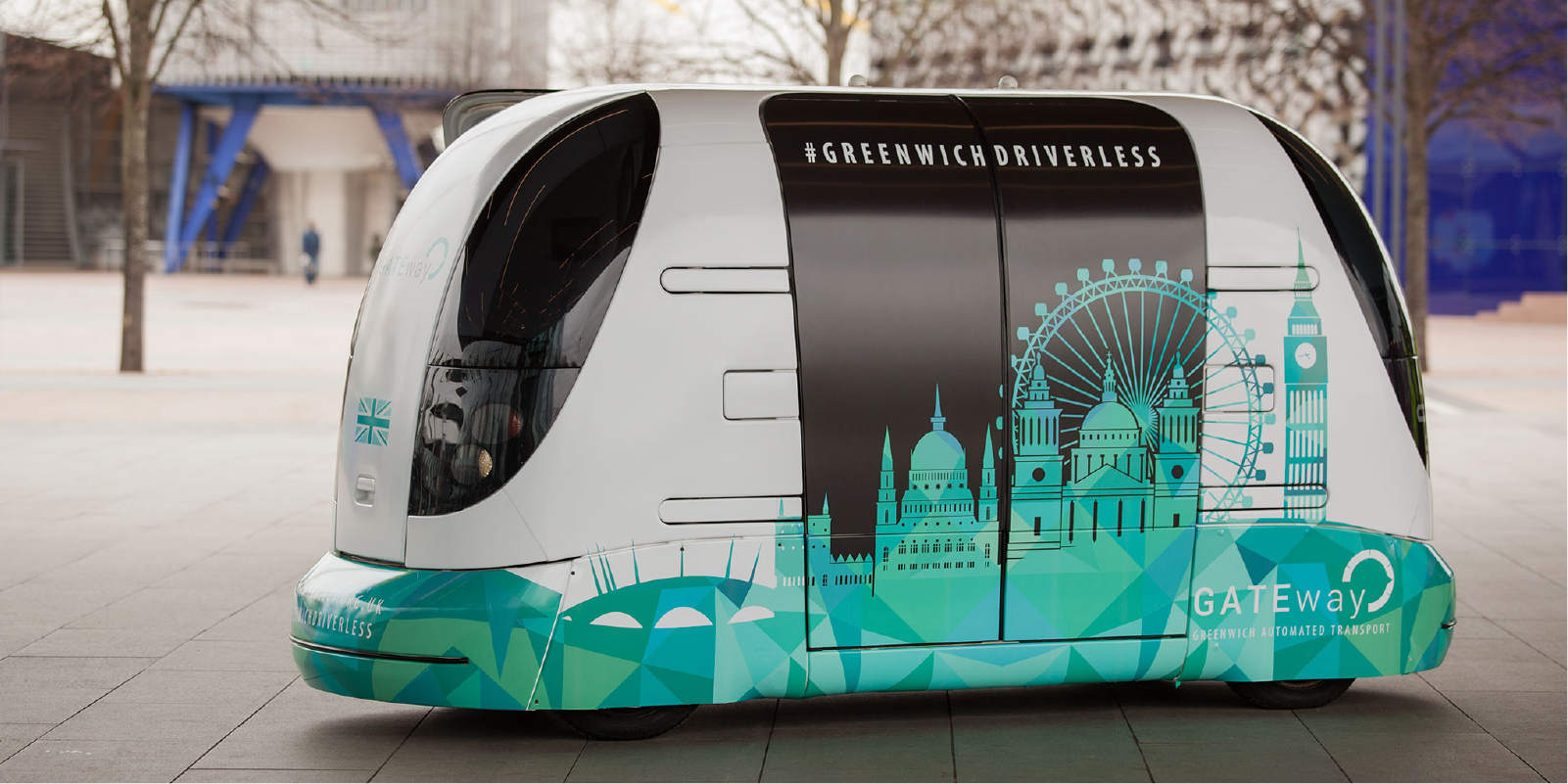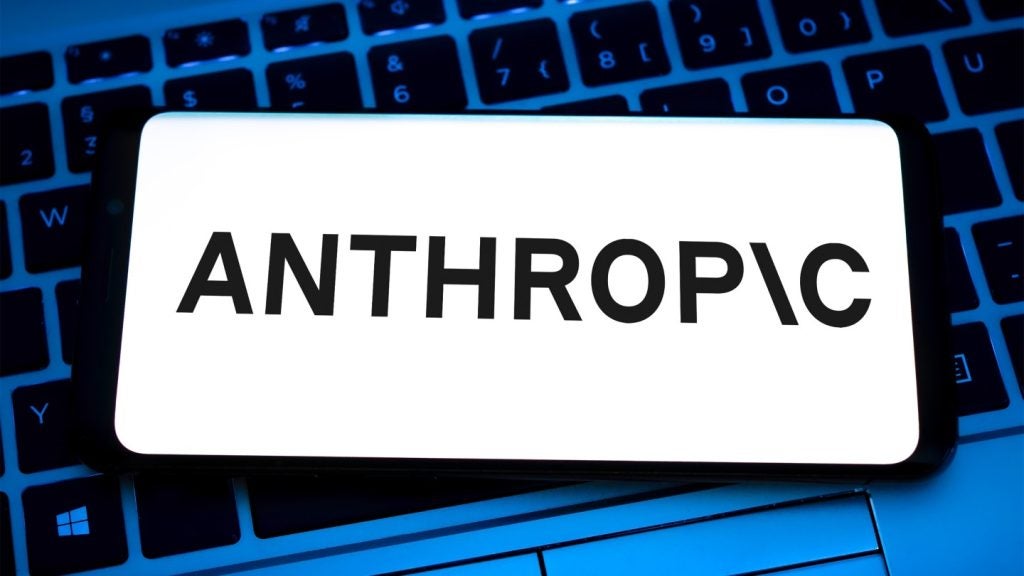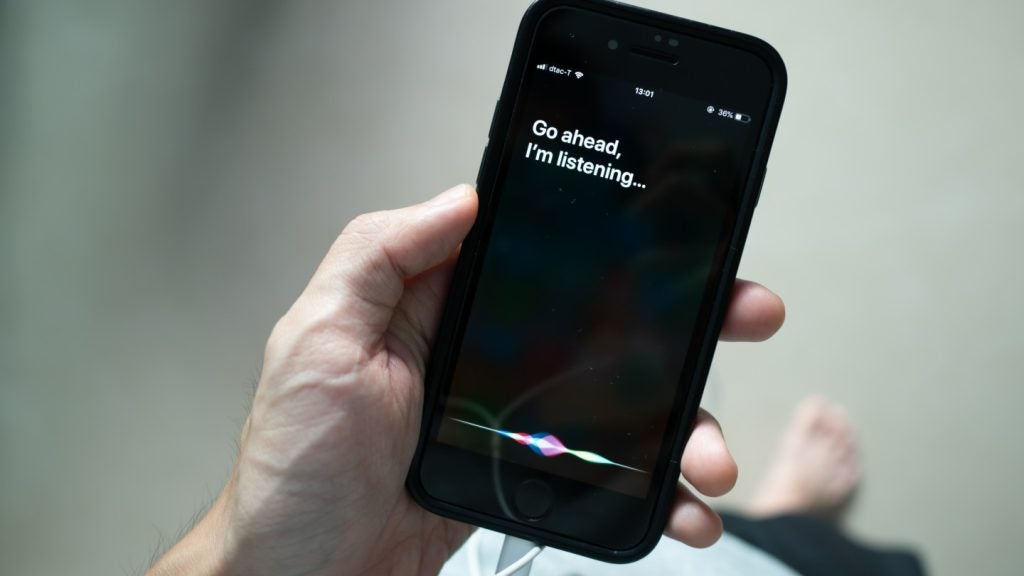
Greenwich, London, appears to be the UK’s capital when it comes to autonomous vehicles.
A new driverless shuttle, named Harry, is being trialled for the first time by the public in the borough.
The Harry shuttle can travel up to 10mph and has been developed as part of the Transport Research Laboratory (TRL)’s Gateway Project, which stands for Greenwich Automated Transport Environment.
Greenwich has been chosen as the centre for TRL’s autonomous trials as it was recently established as a smart city, a project run by Digital Greenwich. This aims to close the digital skills gap in the borough and encourage innovation, particularly using technology to transform services such as transport and mobility.
The Gateway Project has been carrying out the driverless trials in the borough for the past few years now. An autonomous Nissan Leaf, which was developed by one of Gateway’s partners Oxbotica to incorporate its Selenium autonomy software, completed 100km of autonomous driving in Greenwich in August last year.
In the case of the Harry shuttle, 100 people have volunteered to take part in the trials, which will see four people at a time driven around on a specific route. The shuttle is controlled by a computer and has five cameras and three lasers on board to help it navigate the path.
How well do you really know your competitors?
Access the most comprehensive Company Profiles on the market, powered by GlobalData. Save hours of research. Gain competitive edge.

Thank you!
Your download email will arrive shortly
Not ready to buy yet? Download a free sample
We are confident about the unique quality of our Company Profiles. However, we want you to make the most beneficial decision for your business, so we offer a free sample that you can download by submitting the below form
By GlobalDataThere will be a trained person on board as well as the four volunteers, in case the shuttle should run into an obstacle the software cannot handle.
These trials are being carried out to understand and overcome the technical, legal and societal challenges of implementing driverless vehicles in urban environments. The results will be used by industry and policymakers to understand the implications of the vehicles and how to deliver them safely.
Professor Nick Reed, academy director at TRL, said:
“This research is another milestone in the UK’s journey towards driverless vehicles and a vital step towards delivering safe, cleaner and more effective transport in our cities.”
If the project proves successful TRL believes shuttles like Harry could be on the roads in 2019 on a trial bias, before being rolled out elsewhere afterwards.
All over the world and other cities in the UK including in Milton Keynes, driverless cars are being tested on the roads. However, they have run into some difficulties.
Uber had to pull its driverless car programme in San Francisco after its cars were running red lights and one eventually ended up in an accident. One of the startup’s vehicles also had an accident in Arizona, that lead to it stopping its test cars in the state as well as Pittsburgh, though it is reportedly back up and running again.







